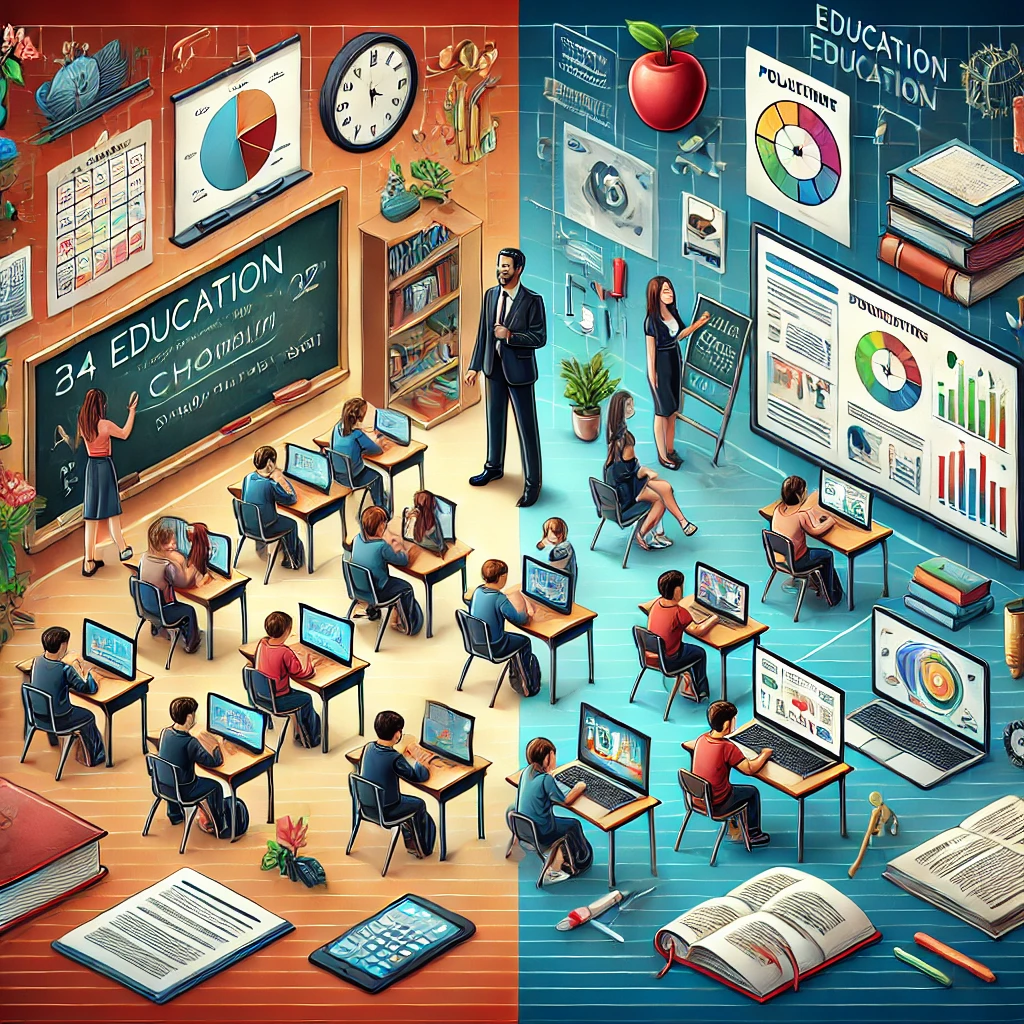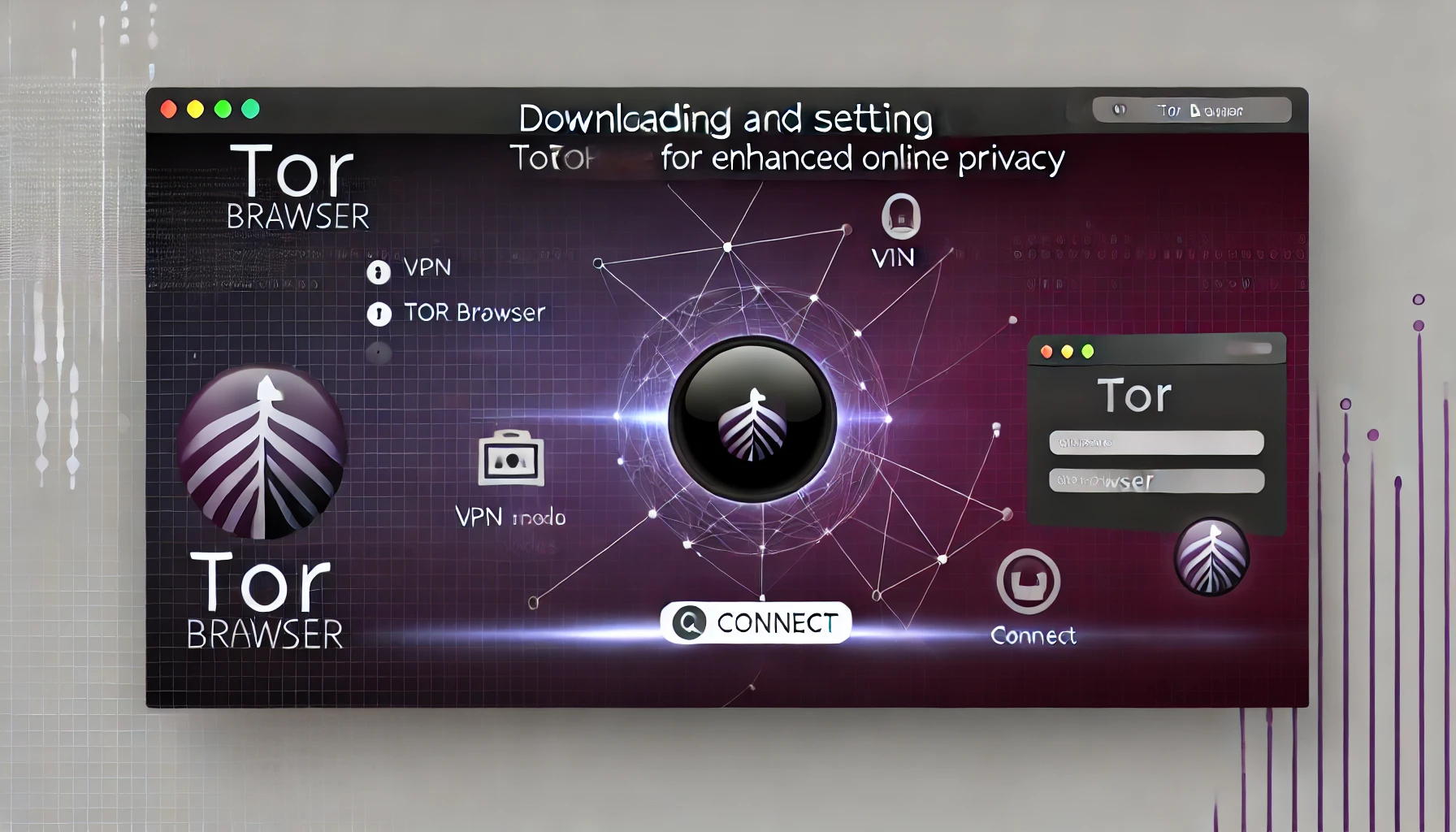Comparative Insights: Positive Education Policies in Traditional and Online Schooling
Education policies play a crucial role in shaping the learning experiences of students in both traditional and online schooling environments. Understanding these policies helps educators, parents, and students make informed decisions about the most suitable educational paths. This comparative overview examines the education policies governing traditional and online schooling, highlighting their similarities, differences, and impacts on the overall learning experience.
Education Policies in Traditional Schooling
Curriculum Standards
- National and State Standards: Traditional schooling typically follows strict national and state education standards. These standards ensure a consistent and comprehensive curriculum across schools.
- Subject Requirements: Schools must adhere to specific subject requirements, including core subjects like mathematics, science, and language arts.
Teacher Qualifications
- Certification and Training: Traditional schools require teachers to hold relevant certifications and undergo continuous professional development.
- Teaching Methods: Education policies mandate the use of various teaching methods to cater to different learning styles, including lectures, hands-on activities, and group work.
Student Assessment
- Standardized Testing: Traditional schooling heavily relies on standardized testing to measure student performance and school effectiveness.
- Regular Evaluations: Policies require regular student evaluations through quizzes, assignments, and examinations to track academic progress.
Attendance and Participation
- Mandatory Attendance: Traditional schools enforce strict attendance policies, requiring students to attend classes regularly.
- Engagement Requirements: Schools encourage active participation in classroom activities and extracurricular programs.
Education Policies in Online Schooling
Curriculum Flexibility
- Customized Learning Paths: Online schooling offers more flexibility in curriculum design, allowing students to choose courses that align with their interests and career goals.
- Continuous Updates: Education policies for online schooling promote the regular updating of digital content to keep pace with current educational standards.
Teacher Qualifications and Training
- Specialized Training: Online educators often receive specialized training in digital teaching tools and online pedagogy.
- Ongoing Professional Development: Continuous professional development is crucial for online teachers to stay updated with the latest teaching methods and technologies.
Student Assessment and Feedback
- Diverse Assessment Methods: Online schooling employs various assessment methods, including quizzes, projects, and interactive assignments, to evaluate student performance.
- Instant Feedback: Digital platforms enable instant feedback, helping students identify areas for improvement promptly.
Flexibility and Accessibility
- Flexible Schedules: Education policies in online schooling support flexible learning schedules, allowing students to learn at their own pace.
- Global Accessibility: Online schooling breaks geographical barriers, making education accessible to students worldwide.
Comparing Traditional and Online Schooling Policies
Curriculum and Learning Experience
- Structure vs. Flexibility: Traditional schooling offers a structured learning environment with a standardized curriculum, while online schooling provides a more flexible and customizable learning experience.
- Interaction: Traditional schools emphasize face-to-face interactions, whereas online schooling leverages digital tools for virtual engagement.
Teacher Roles and Qualifications
- Certification Requirements: Both traditional and online schooling require teachers to be certified and qualified, but online educators need additional training in digital tools and virtual teaching methods.
- Professional Development: Continuous professional development is essential in both settings, with online teachers focusing more on technological advancements and digital teaching strategies.
Assessment and Evaluation
- Testing Methods: Traditional schooling relies more on standardized tests, while online schooling uses diverse assessment methods to evaluate student performance.
- Feedback: Online schooling provides quicker feedback through digital platforms, enhancing the learning experience.
Attendance and Participation
- Mandatory vs. Flexible Attendance: Traditional schools enforce strict attendance policies, while online schooling offers flexible schedules that accommodate different learning paces.
- Engagement: Both systems emphasize student engagement, but the methods differ, with traditional schools focusing on in-person activities and online schools using interactive digital tools.
The Impact of Education Policies on Learning Outcomes
Quality of Education
- Consistent Standards: Traditional schooling ensures consistent education standards across different regions, promoting equity in education quality.
- Personalized Learning: Online schooling offers personalized learning experiences, catering to individual student needs and preferences.
Student Performance
- Standardized Metrics: Traditional schools use standardized metrics to measure student performance, providing a clear benchmark for academic achievement.
- Adaptive Assessments: Online schools use adaptive assessments to tailor the learning experience to each student’s capabilities and progress.
Accessibility and Inclusivity
- Physical Accessibility: Traditional schools are limited by physical accessibility, whereas online schooling provides education to students regardless of their location.
- Inclusive Learning: Online schooling policies promote inclusive learning by offering resources and support for students with diverse learning needs.
Conclusion: Shaping the Future of Education
Understanding the education policies of traditional and online schooling helps stakeholders make informed decisions about the best educational pathways. Both systems have their strengths and challenges, and the future of education lies in integrating the best practices from both. As education evolves, policies must adapt to ensure that all students receive a high-quality, accessible, and inclusive education.
External Link: For more insights on education policies and their impact, visit Education Policy Institute.
Explore how Regent Studies can support your educational journey with a comprehensive homeschool curriculum and flexible online schooling options. Embrace the future of education with Regent Studies and ensure a brighter academic future for your child.
To read more articles like this, visit: Regent Studies


